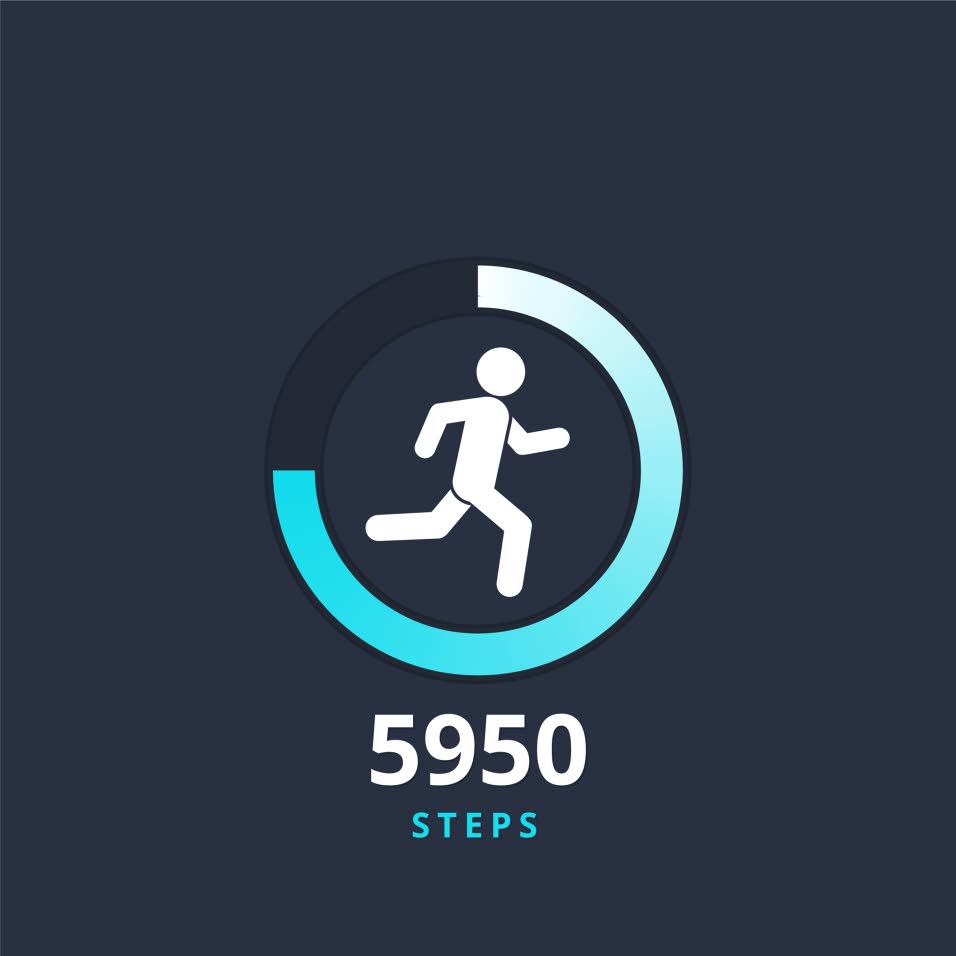Beat the Heat, Protect Your Heart: Dr. Guseh's Essential Health Advice for Bermuda's Summer

As Bermuda swelters through an exceptionally hot and dry summer, Dr. Sawalla Guseh shares crucial advice on how to keep your heart healthy and manage the challenges posed by the heat. Learn practical tips to stay cool, hydrated, and protect your cardiovascular system during this demanding season.
Bermuda is no stranger to summer heat, but this year's conditions are particularly intense. The prolonged dryness and soaring temperatures are taking a toll on everyone, and our hearts are feeling the strain. It’s a common experience – feeling sluggish, experiencing headaches, and noticing your heart working harder than usual.
Why Does Heat Impact Your Heart?
During hot weather, our bodies work overtime to regulate temperature. This involves diverting blood flow towards the skin to facilitate cooling, which can reduce blood flow to the heart. This, combined with the increased workload on the cardiovascular system, can lead to various heart-related issues, especially for those with pre-existing conditions.
Key Risks to Be Aware Of:
- Increased Heart Rate & Blood Pressure: The body's attempt to cool down can elevate both heart rate and blood pressure.
- Dehydration: Reduced fluid intake, common during hot weather, thickens the blood, making it harder for the heart to pump.
- Exacerbation of Existing Conditions: Individuals with heart disease, high blood pressure, or other cardiovascular issues are particularly vulnerable.
- Heat Stroke & Exhaustion: These conditions can put immense stress on the heart and be life-threatening.
Dr. Guseh's Top Tips for Heart-Healthy Summer Living:
- Stay Hydrated: Drink plenty of water throughout the day, even if you don't feel thirsty. Electrolyte-rich drinks can also be beneficial.
- Limit Outdoor Activity During Peak Heat: Avoid strenuous activities during the hottest part of the day (typically between 10 am and 4 pm).
- Seek Shade & Air Conditioning: Spend time in cool, shaded areas or air-conditioned environments.
- Dress Appropriately: Wear light-colored, loose-fitting clothing to help your body regulate temperature.
- Monitor Your Body: Pay attention to signs of heat exhaustion, such as dizziness, headache, nausea, and rapid heartbeat. Seek medical attention if necessary.
- Check on Vulnerable Individuals: Elderly people, young children, and those with chronic illnesses are more susceptible to heat-related problems.
- Medication Management: If you take medication for heart conditions, discuss with your doctor how the heat might affect it.
Beyond the Heat: General Heart Health Reminders
While focusing on summer-specific concerns, remember that maintaining overall heart health is crucial year-round. This includes a balanced diet, regular exercise (within safe limits during the heat), stress management, and avoiding smoking. Regular check-ups with your doctor are also essential for early detection and management of any potential issues.
This summer, prioritize your heart health. By taking proactive steps to stay cool, hydrated, and informed, you can enjoy the season safely and comfortably. Remember, prevention is always better than cure, especially when it comes to your cardiovascular well-being.





